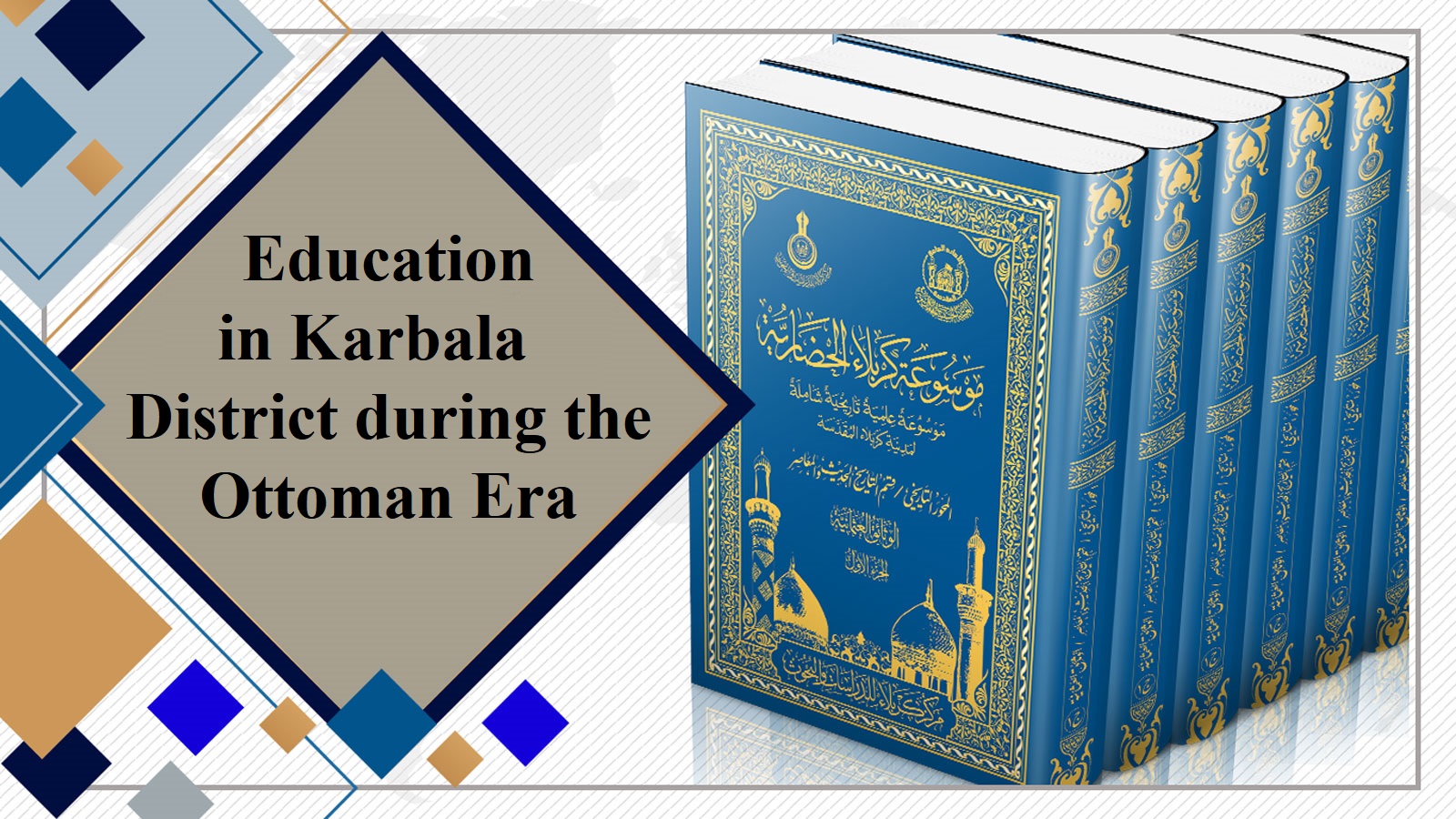The 1869's Knowledge Law was interested in the issue of knowledge management, as it emphasized the necessity of forming a (knowledge council) in each of the Ottoman districts. This council was the official administrative authority for education in the state, and it is a branch (division) linked to the Ottoman Ministry of Education.
The law also stipulated that a (manager) should head each state’s knowledge council; he is the director of the knowledge department, as the Ministry of Education appointed along some other senior staff of the council. This council includes a number of members who are employees and some local figures that were selected by the state administration, as for the educational administration in the districts associated with the state, in each district, two employees of the State Knowledge Council were appointed as they are called "inspectors."
As for the tasks of this council, they are the implementation of the orders and instructions issued by the Ministry of Education and to ensure that they are applied, the supervision of the conduct of teaching, and the establishment of new schools, and the organization of the education's budget, as well as to follow up the validity of the transactions related to education, especially with regard to hiring teachers and granting certificates.
The state administration system issued in 1871 AD dealt with the issue of organizing the administration of education in the Ottoman Empire when it emphasized the importance of the position of Director of State Knowledge, the looking and scrutinizing of the aspects related to education, and inspecting schools and libraries, in addition to submitting annual reports to the governor, who is in turn submits them to the government, pointing out what had been accomplished in the field of education. As for the knowledge manager, he was assisted by a number of deputies and inspectors, as well as by the Knowledge Council.
Councils of knowledge were formed in the state of Baghdad during the reign of the governor Medhat Pasha, but the work of this council quickly faltered after the end of Medhat Pasha’s rule in the state due to the negligence of the council’s members and their lack of dedication toward their duties.
The work of these councils was organized again after the issuance of the law of forming state's knowledge councils in 1882 AD, so the first knowledge council established was in the Wilayat of Baghdad in 1883 AD.
Source:
Mawsueat Karbala Al-Hadharia "Karbala Civilizational Encyclopedia".
A publication of Karbala Center for Studies and Research
Historical Axis, Department of Modern and Contemporary History, Ottoman Documents [Vol. 7, Pg. 287-289].

